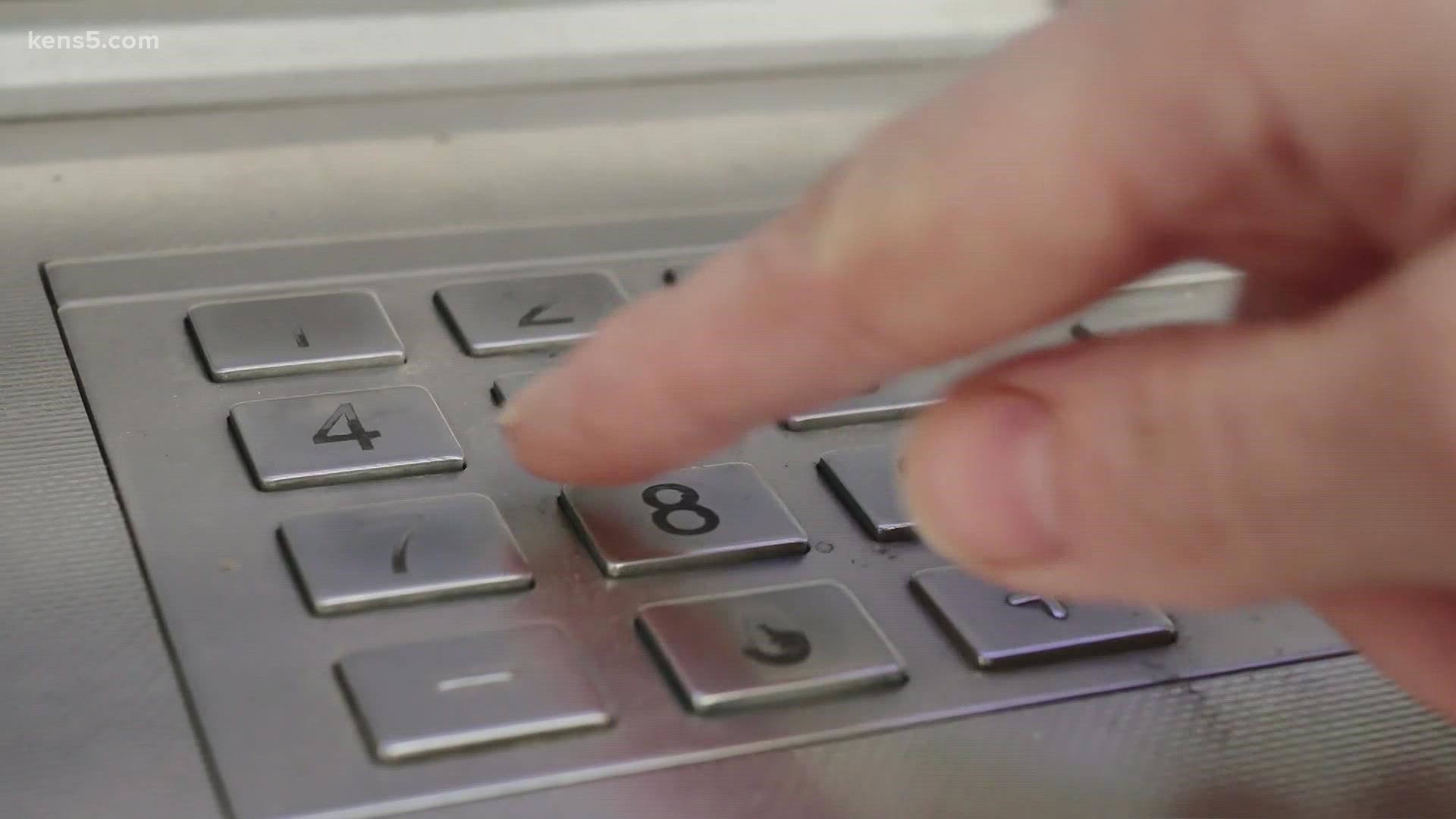SAN ANTONIO — Following more U.S. sanctions against Russia, Texas banks are preparing for possible cyberattacks.
Experts aren't sure when. They believe it all depends on the outcome in Ukraine.
For now, lots of planning is happening behind the scenes to keep our financial security stable.
One rumor circulating online is causing a little panic. KENS 5 is talking with the experts to set the record straight.
Americans should start taking money out of the bank. That's the rumor going around message boards and social media, according to the Texas Bankers Association.
"The banking industry compared to any other has one of the highest, if not the highest level of cybersecurity," said John Heasley, Executive Vice President of the Texas Bankers Association.
The agency did some digging and found no formal authority has given the directive for consumers to do ATM runs.
Regardless, Heasley says it's not a bad idea.
"It's always good to have a little bit of cash," he explained.
Heasley says work is happening behind the scenes to identify any cyber threats. He says the agency is in constant communication with various banks, and security administrators from each bank brief each other on potential threats or attacks.
"Everyone is acutely aware of cyber warfare and potential threats," he said. "You combine the awareness of that through the military sector with the protections and communications with the private sector, we're in pretty good shape."
If a cyberattack is detected, he customers will be notified in advance by their bank to give plenty of time to prepare.
"We've been holding our breath and waiting for the shoe to drop and it hasn't really dropped yet," said Dr. Max Kilger, Associate Professor of Practice in the UTSA Information Systems & Cybersecurity Department.
Kilger believes the U.S. likely won't see any retaliation until Russia or Ukraine gains the upper hand.
"We're not gonna see much of anything in the cyber attack domain outside of Ukraine, but once that's settled one way or the other, then we're more likely to be in a slightly more dangerous situation," he explained.
Kilger advises the public not to panic. He says people in the U.S. have grown accustomed to bracing themselves for natural disasters by keeping food, flashlights, radios and cash on-hand. The same mentality should be applied to cybersecurity attacks.
"This is probably the first time in history where after all these natural disaster events, we're going to add a manmade event to this list and that's cyber attacks," said Kilger.
For now, Russia has held back cyberattacks on everyone else but Ukraine.
Kilger's advice: Don't get complacent because we haven't experienced a cyberattack yet. Always keep your level of awareness heightened.
"I think in terms of more serious attacks, I think those are less likely because [Russia is] more likely to engage in a counter response back from the U.S. or from Europe," said Kilger. "It's still a bit to early to see and it depends to some extent on the mindset of Vladimir Putin."
So how can you protect your money?
For online banking customers, the Texas Bankers Association recommends you:
- Check your accounts regularly
- Look out for strange e-mails and avoid clicking on any suspicious links
- Change your passwords often
- Enable two-factor authentication
- Turn off your automatic login
- Use the bank's app if possible
- If something doesn't look right, call your bank

